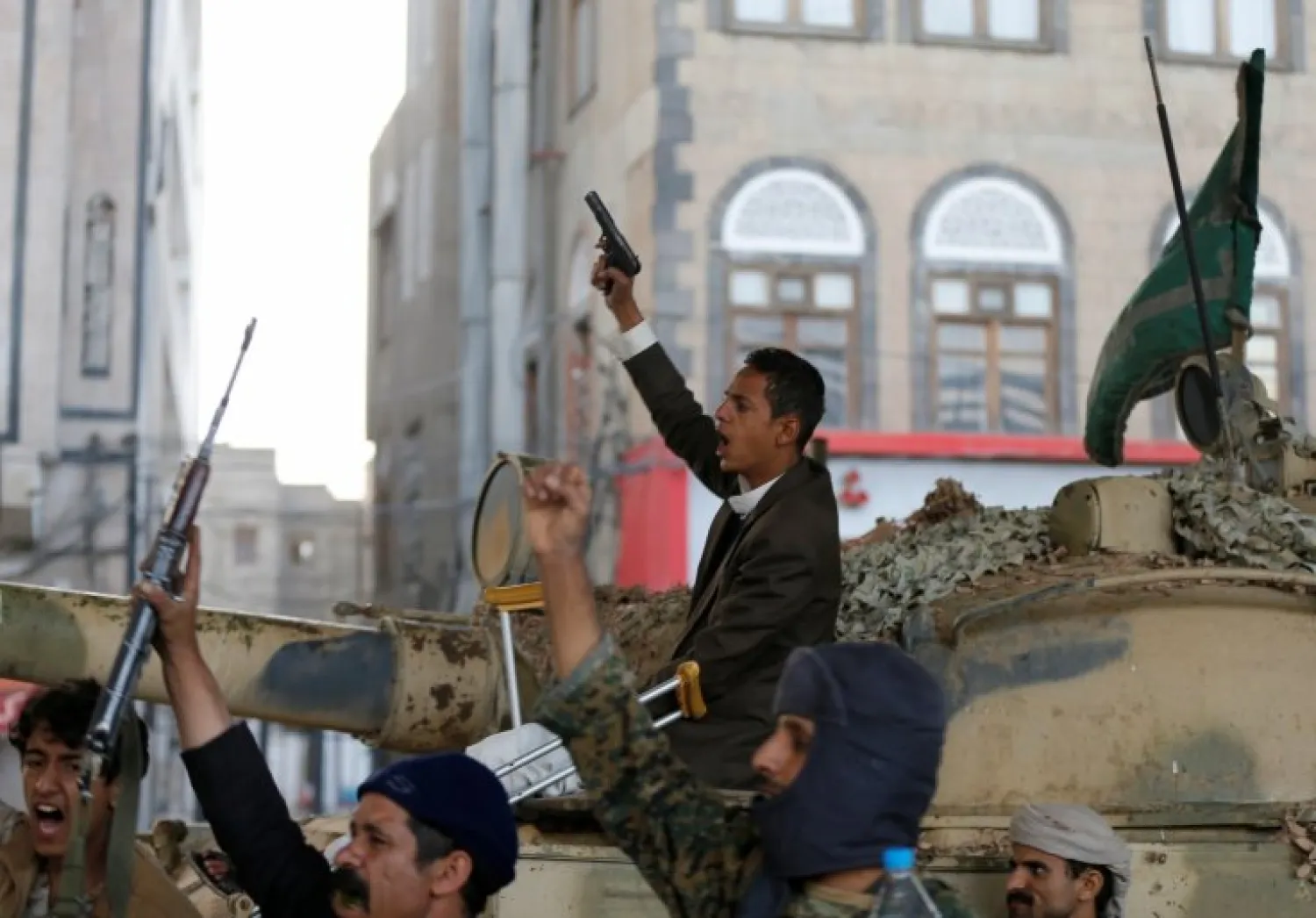Yemeni Human Rights Minister Dr. Mohammed Askar urged the Office of the UN High Commissioner for Human Rights to take on board reports prepared by his ministry documenting violations against civilians carried out by Iran-backed Houthi militias since 21 September 2014.
The reports took account of all violations encroaching on civilian liberties and human rights since the outbreak of the Houthi-led coup in Yemen.
Askar’s request came in response to a report presented by Deputy High Commissioner for Human Rights Kate Gilmore to the UN Human Rights Council on the human rights situation in Yemen.
Stressing on the violations committed by militias having increased in the last period, especially post Houthis slaying former President and coup ally Ali Abdullah Saleh, Askar pointed out that militias are still holding onto the body of Saleh and did not allow a proper burial, which stands against human morality.
Yemen’s civil took a dramatic turn after Iranian-backed Houthis killed Saleh, punishing him for switching sides and seeking peace with Arab neighbors. Before his death, Saleh ordered forces loyal to him in the capital to stop taking instructions from Houthis.
Yemen’s Human Rights Minister Askar added that the militias have arrested and prosecuted officials from the General People's Congress-- the former ruling party founded by Saleh--and raided their homes in Sanaa.
Askar also accused Iran-aligned militias of restricting the freedoms and blocking means of social communication with GPC officials, turning Sanaa into an off-limit large prison. Media, convoys, aid groups cannot access Sanaa without first gaining Houthi security clearance.
But above all violations, Askar highlighted Houthis recently suppressing demonstrators, most of which were women and children, and throwing them in prisons.
He said the militia has stormed and looted money exchange businesses, brutally quelled protests and dissent and rounded up masses, men and women, to prisons.
Labeling it as one of the latest violations against coexistence, Askar cited Houthis sentencing to death of Hamed Haydarah, a member of a minority sect in Sanaa.
He expressed hope that the OHCHR would support his ministry to operate independently and transparently.
More so, Askar stressed the importance of reflecting on the causes that allowed for catastrophe to befall Yemen and not just consider the current situation.
The human rights minister also hailed the Saudi-led Arab Coalition's humanitarian support to Yemen and called on the international community to pressure coup militias into responding positively to the new UN envoy's efforts on peace talks.









